Why Business Policies Matter
Business policies are the foundation of how a company operates.
They outline rules, expectations, and legal requirements to ensure smooth operations and compliance.
But who actually writes business policies?
Many companies assume policies can be written by a manager, HR rep, or even a legal team.
The reality? Poorly written policies lead to confusion, legal risks, and inconsistent enforcement.
A technical writer ensures policies are structured, clear, and actually useful.
The Consequences of Bad Business Policies
When policies are too vague, overly complex, or outdated, they don’t get followed.
Here’s what happens when business policies are written poorly:
❌ Employees ignore them – If policies are too hard to understand, people won’t follow them.
❌ Legal risks increase – A poorly written policy can expose a business to compliance violations.
❌ Workplace confusion – Employees don’t know expectations, leading to inconsistencies.
❌ Time and money are wasted – Companies spend more time fixing mistakes than preventing them.
Who Should Write Business Policies?
The ideal business policy writer is someone who:
✅ Understands regulatory requirements
✅ Writes in clear, plain language
✅ Structures documents for readability and compliance
✅ Ensures consistency across all policies
This is why businesses need a technical writer.
Unlike a legal team that focuses on legal wording, a technical writer ensures that policies are clear, actionable, and practical for employees.
What a Technical Writer Brings to Business Policies
📌 Clarity – No jargon, no legal confusion, just straight-to-the-point language.
📌 Structure – Policies are broken into easy-to-read sections.
📌 Consistency – Standardised templates ensure all policies follow the same format.
📌 Compliance – Aligns with legal and industry standards.
Without these elements, policies become ignored documents instead of practical guidelines.
Common Business Policies a Technical Writer Can Create
A technical writer helps businesses create:
📌 HR policies – Code of conduct, remote work policies, harassment policies.
📌 Compliance policies – Data security, regulatory compliance, risk management.
📌 Operational policies – Standard operating procedures (SOPs), process guidelines.
📌 IT policies – Cybersecurity, software usage, data protection policies.
If your business relies on outdated, inconsistent, or unclear policies, a technical writer can fix them.
How Aliso Digital Can Help
At Aliso Digital, we create clear, structured business policies that companies can actually use.
We ensure that your policies meet compliance requirements, improve efficiency, and reduce risks.
👉 Visit Aliso Digital to get expert policy writing today.






